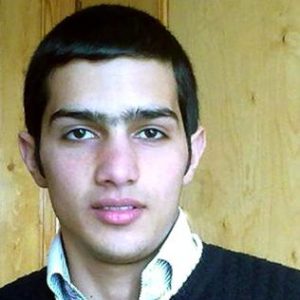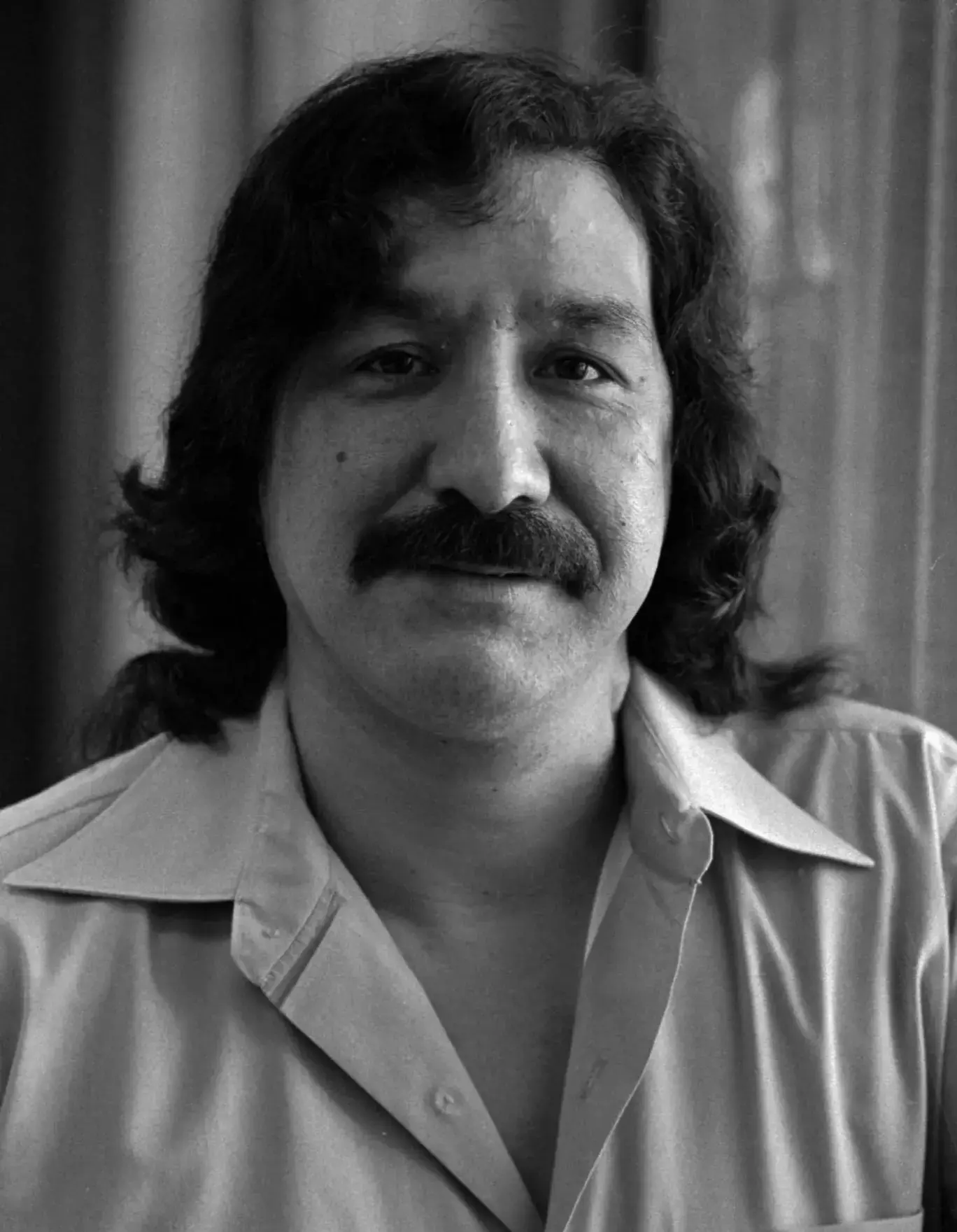What is the problem?
Around the world, there are people being tortured, attacked, or imprisoned solely because of who they are or what they believe.
Our work on these issues is core to our mission and dates back to our founding in 1961. Amnesty International was founded on the idea that ordinary people around the world could end these human rights abuses by taking action on behalf of other people. Through our Individuals at Risk work, millions of messages have been sent to governments around the world – giving hope to people in dire circumstances, and ultimately helping to stop torture, find people who were forcibly disappeared, protect human rights defenders, and to free thousands of prisoners of conscience who were unjustly imprisoned.
Why is it an issue?
Every day, human rights are violated. People are convicted in unfair trials, prisoners are tortured, and people are put in prison solely because of their identity or their beliefs.
Freedom of expression, association, and assembly are increasingly under attack all around the world. The need to fight for the immediate and unconditional release of all prisoners of conscience is more important than ever.
Amnesty International defines a prisoner of conscience as someone who is imprisoned or otherwise physically restricted (like house arrest) solely because of their political, religious or other conscientiously held beliefs, ethnic origin, sex, color, language, national or social origin, economic status, birth, sexual orientation or other status –who has not used violence or advocated violence or hatred in the circumstances leading to their imprisonment, Amnesty calls for the immediate and unconditional release of all prisoners of conscience.
Human rights defenders (HRD) are routinely the target of judicial harassment, smear campaigns, intimidation, death threats, unlawful surveillance, arbitrary detention, sexual violence, assault, torture, enforced disappearances, and even assassination. Since the adoption of the UN Declaration on HRDs in 1998 until 2021, an estimated 4,814 HRDs have been killed worldwide. In 2022 alone, over 401 HRDs were killed globally, according to Front Line Defenders. Amnesty documented in its 2022/23 Annual Report that 49% of countries around the world arbitrarily detain human rights defenders.
Amnesty International considers a human rights defender to be a person who, individually or in association with others, acts to defend and/or promote human rights at the local, national, regional or international levels. Amnesty International does not consider a person to be an HRD if they resort to or advocate hatred, discrimination or violence, or if they deny the universality of human rights or take action that seeks to undermine the human rights of others.
HRDs come from every walk of life. They can be journalists, lawyers, trade unionists, whistle-blowers, victims or relatives of victims of human rights violations and abuses, members of human rights organizations, women’s rights leaders, environmental activists, teachers, etc.
What is the solution?
Amnesty International investigates hundreds of cases a year all around the world. We work with the individuals and their families to develop campaigns – and then we do everything possible to bring about change in the individual cases and the systems responsible for them.
At any given time, we are campaigning on dozens of cases of people targeted simply for their peaceful activism, views, and personal characteristics. In many cases, we work for years to win someone’s freedom, or to obtain justice in a case, and in some cases we’re the only organization fighting for them.
Our campaigns support people targeted for their peaceful activism, views or personal characteristics to protect their right to protest and express themselves freely. This includes women human rights defenders, trans rights activists, artists and peaceful protesters. These individuals have variously been beaten, jailed, shot at, harassed and intimidated.
- We launch ongoing campaigns to free prisoners of conscience, support human rights defenders, and help individuals and communities at risk of human rights violations. Take action in Individual at Risk cases today.
- We mobilize rapid response in emergency cases, where people’s freedom and lives are under immediate threat. Join the Urgent Action Network to get regular alerts.
- We mobilize thousands of people to take action on individual cases every December through our annual Write for Rights campaign.
- We train local and student groups on how to campaign for individual cases. Find a local group near you or contact our staff team.
Throughout our history, we have helped secure freedom for thousands of people who were imprisoned simply for exercising their human rights. When just a handful of people unite behind someone, the results can be amazing.
Browse Cases
Case
Julian Assange
Julian Assange is currently being held at Belmarsh, a high security prison in the U.K., upon a U.S. extradition request on charges that stem directly from the publication of disclosed…
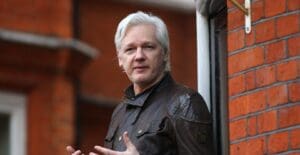
Case
Toffiq al-Bihani
Toffiq al-Bihani is a 45-year-old Yemeni national who has been held at Guantánamo Bay since early 2003 without being charged with a crime.
Case
Leonard Peltier
Leonard Peltier, an Anishinabe-Lakota Native American, is a federal prisoner serving two consecutive life sentences for the murders of two Federal Bureau of Investigation (FBI) agents in 1975. Amnesty International…
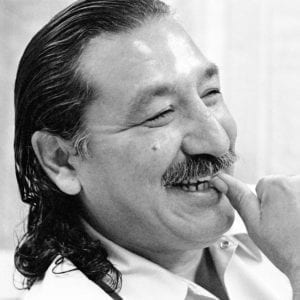
Case
Obaidullah
Obaidullah was captured from his home in Afghanistan during a night raid by U.S. Special Forces in July 2002. The raid was conducted on a tip from an unknown source.…
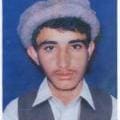
Case
Mustafa al-Hawsawi
Mustafa al-Hawsawi was captured in Pakistan by Pakistani agents in March 2003 and was transferred to the custody of the United States. He was held in secret CIA black sites…
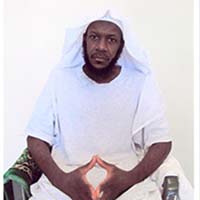
Case
Raif Badawi
In May 2014, Raif Badawi was sentenced to 10 years behind bars, 1,000 lashes, a 10-year travel ban, and a lifetime ban from appearing in the media. He was convicted…
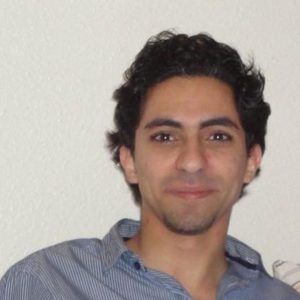
Case
Bahareh Hedayat
Bahareh Hedayat is an Iranian student activist in prison for 10 years on charges including “insulting the president.”
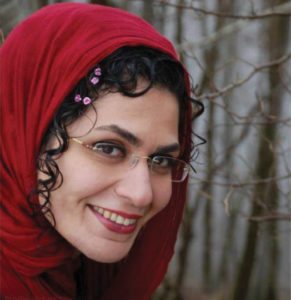
Case
The Angola 3
On February 19, 2016, Albert Woodfox, the last imprisoned member of the Angola 3, was released after more than four decades in solitary confinement.
Case
Tural Abbasli
Tural Abbasli, aged 29, is a blogger and youth leader in Azerbaijan. In April 2011, he was arrested and later sentenced to 2 ½ years in prison. Amnesty International considers…
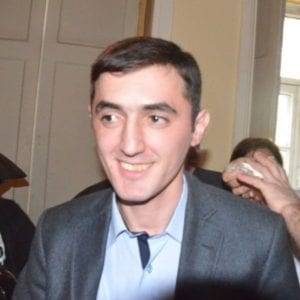
Case
Troy Davis
The state of Georgia shamefully executed Troy Davis on September 21, 2011 despite serious doubts about his guilt. But our fight to abolish the death penalty lives on.
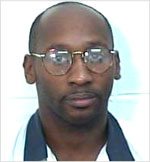
Case
Bahrain: Jalila al-Salman & Mahdi ‘Issa Mahdi Abu Dheeb
Jalila al-Salman and Mahdi ‘Issa Mahdi Abu Dheeb, leaders of the Bahrain Teachers’ Association (BTA), were arrested in March and April 2011 in connection with the BTA’s calls for strikes…

Case
Jabbar Savalan
Jabbar Savalan, a 20-year-old student in Azerbaijan, was sentenced to more than 2 years in prison on fabricated drug charges. Amnesty International considers him to be a prisoner of conscience.
